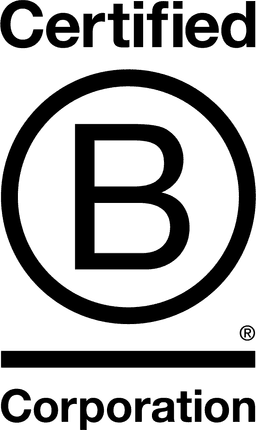

Rewild Agency

Victoria, Australia
June 2025
Environmental consulting
Service with Minor Environmental Footprint
Australia
Rewild Agency is a Melbourne-based sustainability consultancy advising across environment and social governance (ESG), environmentally sustainable design (ESD), and climate change, including climate risk and resilience, strategy, reporting, and education. Rewild Agency works with organisations to develop their sustainability plans and transform them into action. Our ESD services help our clients to achieve industry-leading sustainable design outcomes. From assistance with Green Star certification, the WELL building standard, and Living Building Challenge accreditation through to whole building life cycle analyses (LCA) and embodied carbon reduction – we are passionate about regenerative design and decarbonising the built environment. Rewild Agency’s work spans government, construction, professional services, hospitality and tourism, manufacturing, education, and agricultural sectors. The team is comprised of interdisciplinary thinkers and technical specialists including designers, data analysts, engineers, and strategists. We take a holistic, step-by-step approach to defining both the big-picture and day-to-day detail of what sustainability means for each organisation we work with.
Overall B Impact Score
Governance 19.9
Governance evaluates a company's overall mission, engagement around its social/environmental impact, ethics, and transparency. This section also evaluates the ability of a company to protect their mission and formally consider stakeholders in decision making through their corporate structure (e.g. benefit corporation) or corporate governing documents.
What is this? A company with an Impact Business Model is intentionally designed to create a specific positive outcome for one of its stakeholders - such as workers, community, environment, or customers.
Workers 28.5
Workers evaluates a company’s contributions to its employees’ financial security, health & safety, wellness, career development, and engagement & satisfaction. In addition, this section recognizes business models designed to benefit workers, such as companies that are at least 40% owned by non-executive employees and those that have workforce development programs to support individuals with barriers to employment.
Community 24.6
Community evaluates a company’s engagement with and impact on the communities in which it operates, hires from, and sources from. Topics include diversity, equity & inclusion, economic impact, civic engagement, charitable giving, and supply chain management. In addition, this section recognizes business models that are designed to address specific community-oriented problems, such as poverty alleviation through fair trade sourcing or distribution via microenterprises, producer cooperative models, locally focused economic development, and formal charitable giving commitments.
Environment 16.7
Environment evaluates a company’s overall environmental management practices as well as its impact on the air, climate, water, land, and biodiversity. This includes the direct impact of a company’s operations and, when applicable its supply chain and distribution channels. This section also recognizes companies with environmentally innovative production processes and those that sell products or services that have a positive environmental impact. Some examples might include products and services that create renewable energy, reduce consumption or waste, conserve land or wildlife, provide less toxic alternatives to the market, or educate people about environmental problems.
What is this? A company with an Impact Business Model is intentionally designed to create a specific positive outcome for one of its stakeholders - such as workers, community, environment, or customers.
Customers 4.8
Customers evaluates a company’s stewardship of its customers through the quality of its products and services, ethical marketing, data privacy and security, and feedback channels. In addition, this section recognizes products or services that are designed to address a particular social problem for or through its customers, such as health or educational products, arts & media products, serving underserved customers/clients, and services that improve the social impact of other businesses or organizations.
What is this? A company with an Impact Business Model is intentionally designed to create a specific positive outcome for one of its stakeholders - such as workers, community, environment, or customers.